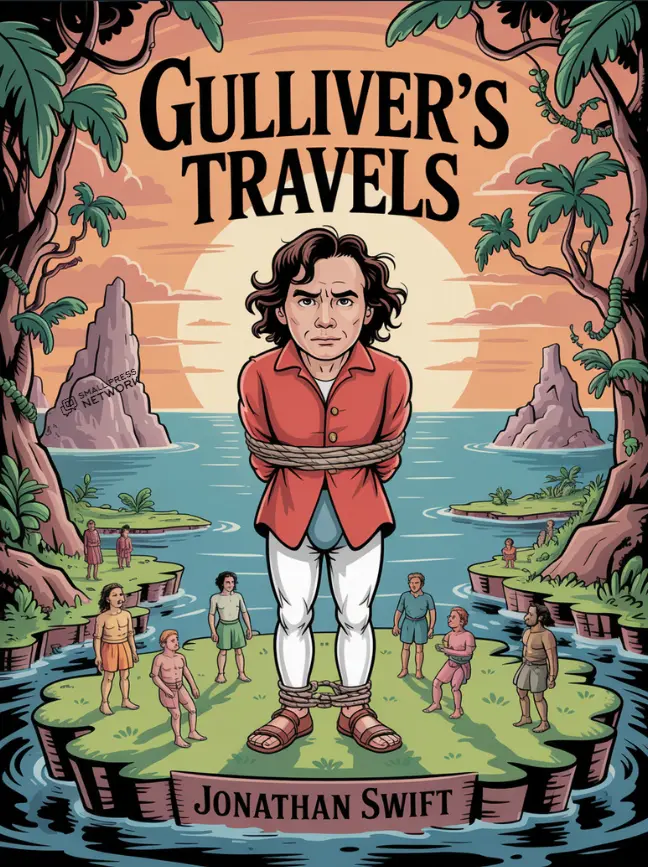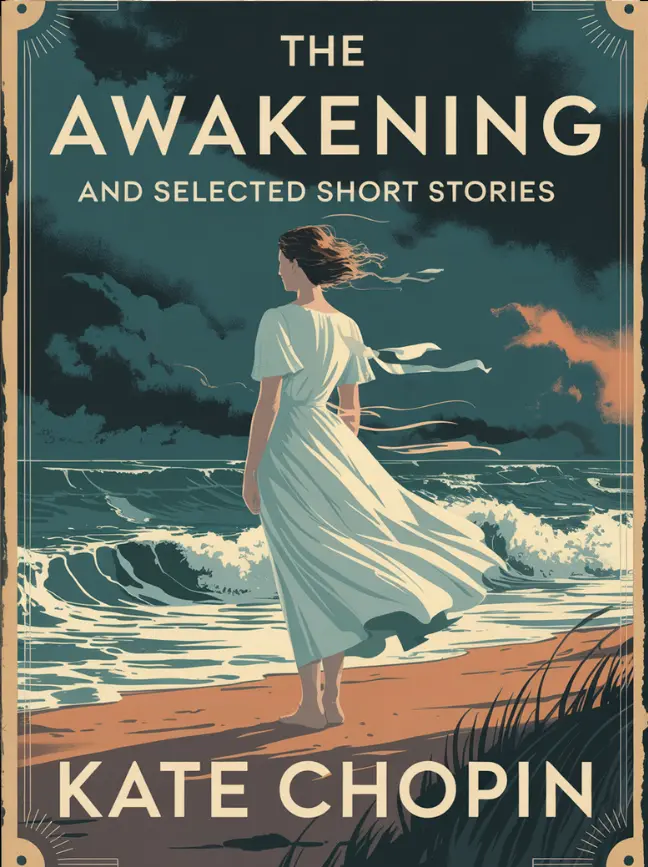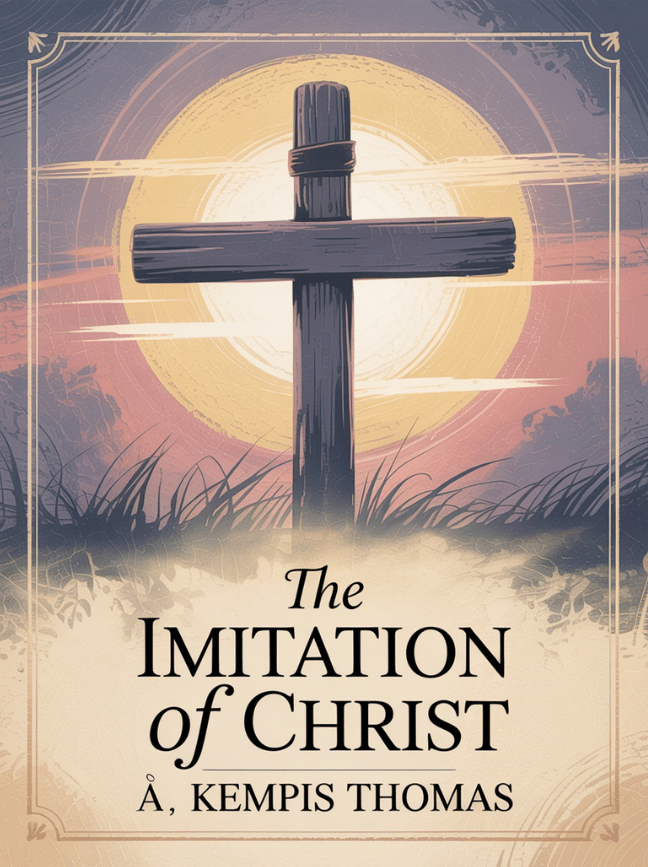The Prince is a political treatise by Niccolò Machiavelli that offers pragmatic and often controversial advice to rulers on how to gain and maintain power. Written during the turbulent political climate of Renaissance Italy, the book breaks from traditional ideals of virtue and morality in leadership. Instead, Machiavelli argues that a successful ruler must be willing to use cunning, deceit, and even cruelty if necessary, prioritizing political stability and the state’s interests over ethical concerns. His famous assertion that “the ends justify the means” has become a cornerstone of realpolitik.
Machiavelli explores various types of principalities and leadership styles, analyzing historical examples to illustrate how rulers rise and fall. He discusses whether it is better to be loved or feared (concluding that being feared is safer), how to manage public perception, and the importance of adaptability in leadership. The Prince remains a landmark work in political philosophy, often interpreted as both a handbook for tyrants and a realistic analysis of power dynamics. Its lasting influence can be seen in modern discussions of leadership, politics, and human behavior.







